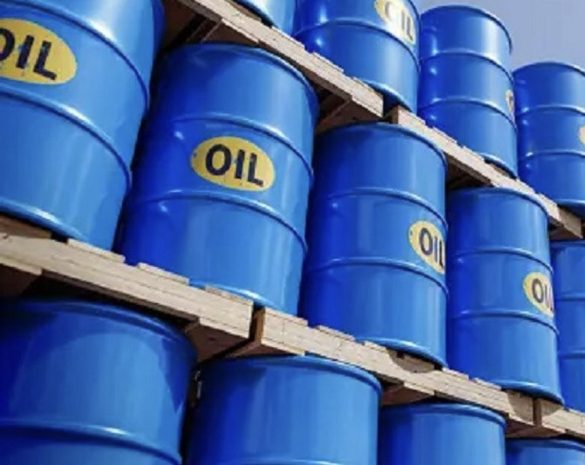KEY POINTS
- Nigerian crude prices have held steady at $73 per barrel amid global volatility and U.S. sanctions targeting India’s Russian oil imports.
- Nigeria’s oil production has risen to 1.8 million barrels per day, supported by improved security measures and infrastructure upgrades.
- OPEC+ plans to increase oil output by 547,000 barrels per day in September, but analysts warn that this could depress global oil prices and harm Nigeria’s revenue.
Nigeria’s crude oil prices have remained relatively stable at $73 per barrel, despite a sharp drop in global benchmarks and increasing geopolitical tensions.
This stability comes after a three-day decline in international oil prices, as concerns grow over the impact of U.S. sanctions on India for its continued purchase of Russian crude. Brent crude fell below $69 per barrel, while West Texas Intermediate (WTI) hovered near $66, marking a more than 6% drop in the past few days.
U.S. President Donald Trump’s recent remarks, where he threatened to “substantially raise” tariffs on Indian goods due to the country’s ongoing imports of Russian oil, have added fuel to the fire.
This warning, issued just before the August 8 deadline for Russia to agree to a ceasefire with Ukraine, underscores the U.S.’s pressure on Moscow and its global allies. Trump’s comments have drawn strong opposition from New Delhi, further complicating international trade dynamics.
The Ripple Effects of Geopolitical Tensions on Nigerian Oil
India’s growing demand for Russian oil has proven beneficial for Nigerian crude exports, highlighting shifts in global supply chains and energy consumption patterns.
With the Western countries avoiding Russian oil in response to the Ukraine war, India emerged as the largest buyer of Russian seaborne crude, a trend that has helped sustain demand for Nigerian oil. This has bolstered the country’s oil production, which recently averaged 1.8 million barrels per day, a steady rise attributed to improved security measures and infrastructural upgrades.
Gbenga Komolafe of the Nigerian Upstream Petroleum Regulatory Commission noted that Nigeria’s production levels have surged in response to increased security in key oil-producing regions. Nigeria aims to further increase production to 2.06 million barrels per day by 2027, with a near-term goal of hitting 1.9 million barrels per day by December this year.
Amid the global supply shifts, OPEC+ is preparing to increase oil production by 547,000 barrels per day starting in September 2025, a decision made to support the global economic recovery. While the move aims to stabilize the market, analysts are concerned that this additional supply could put further downward pressure on oil prices, which would negatively impact Nigeria’s oil revenues.
Despite these market uncertainties, Nigeria remains focused on increasing its oil output, with hopes of achieving full capacity on its major pipelines. This has been seen as a crucial step towards strengthening the country’s oil sector and enhancing its long-term revenue prospects.



